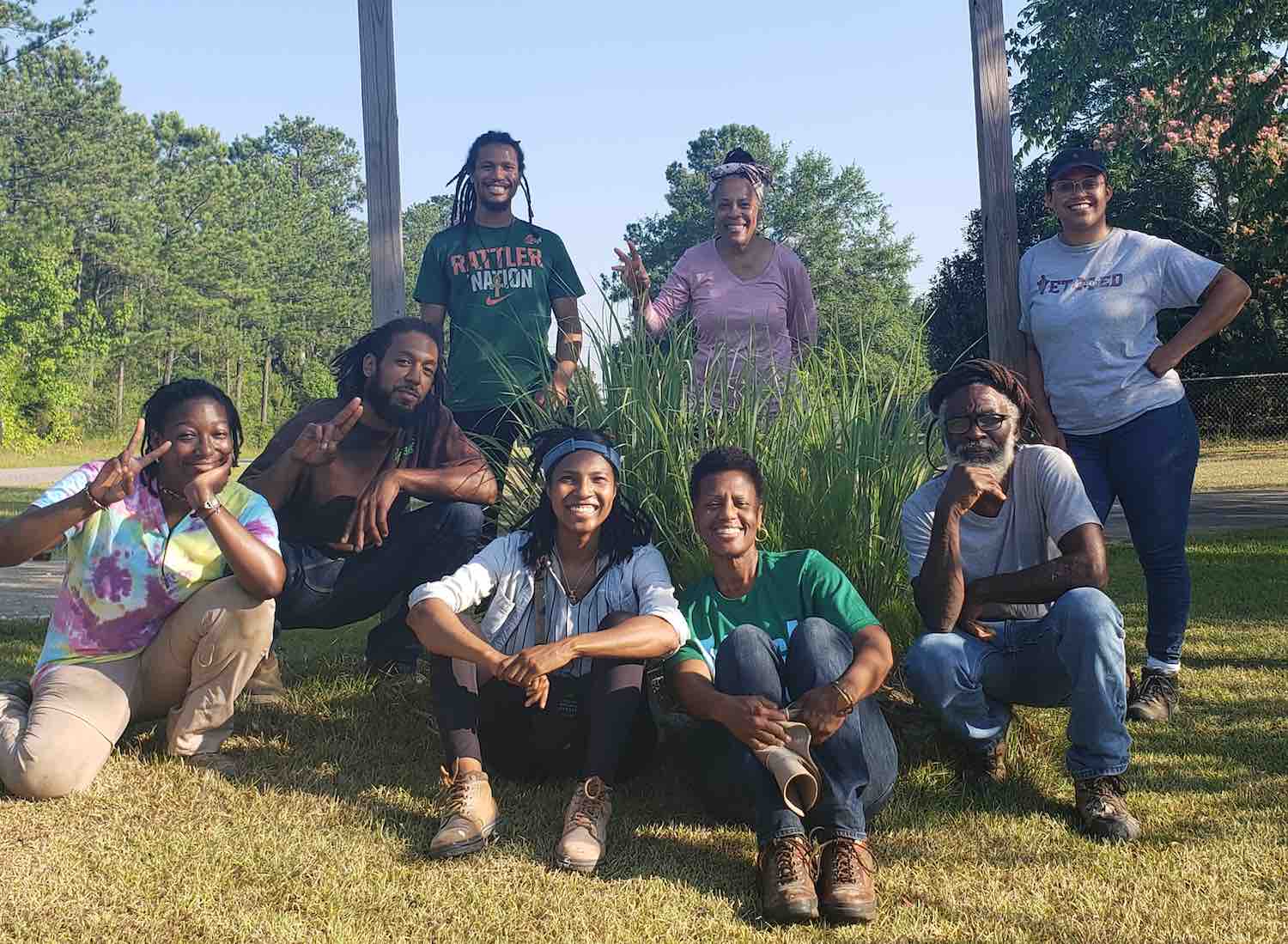ImpactAlpha, Feb. 9 – When Common Future absorbed the social impact accelerator Uncharted last May in a rare nonprofit merger, it brought together a dream team of sorts focused on supporting entrepreneurs and community leaders addressing racial equity. Now, Oakland, Calif.-based Common Future is kicking off its first-ever accelerator drawing on the organization’s combined expertise.
The Common Future Accelerator provides a total of $500,000 in unrestricted grants to ten organizations developing creative models to close the racial wealth gap. The inaugural cohort members, chosen from more than 264 applicants, are pursuing equitable food systems, access to capital, and public policies that help dismantle barriers that have held back Black, Indigenous and other communities of color. They will take part in a three-month intensive program to deepen and scale their work.
“We believe that in communities impacted by lack of wealth, independence, and power, the solutions to these problems will come from thinkers, doers, and builders closest to the problem,” said Andrea Perdomo, who led Uncharted’s economic inequality initiative and is running the new accelerator. “But for their ideas to flourish, they need space, support, and investment.”
Inequality has cost the U.S. nearly $23 trillion over the past three decades.
Black farmers
For Kenya Crumel of the National Black Food & Justice Alliance, a national coalition of Black farmers and food justice organizations, the accelerator will support the rollout of a new loan fund to help build Black land ownership, which has decreased from 16 million acres a century ago to just 4.7 million today due to discriminatory lending practices and outright theft of land.
“Our goal is to take 15 million acres off the speculative market,” Crumel, who runs the group’s Black Land and Power initiative, told ImpactAlpha. “This is our way of working to repair the damage that was done.”
The $750,000 loan fund, which includes the $50,000 grant from Common Future, will make non-extractive zero and low-interest loans to buy land, equipment and help nurture effective land stewardship. “It’s going to be built on relationships,” added Crumel.
SEED, short for Sustainable Entrepreneurial Ecosystem Development, is focused on democratizing agtech for underserved urban farmers of color in the U.S. and smallholder farmers around the world. The Los Angeles-based B Corp. has developed a handheld soil carbon sensor to give farmers a low-cost way to measure their climate impact and participate in the growing market for carbon offsets.
Community power
Change Labs, in Tuba City, Ariz., is a Native-led organization providing workspace, tools, and resources for Indigenous entrepreneurs, including a new funding initiative for Navajo startup and growth companies. The Center for Cooperative Development and Solidarity is helping immigrant and women residents in rapidly-gentrifying East Boston form worker-owned cooperatives.
The other cohort members are: the Orland, Fla.-based African American Alliance of CDFI CEOs, COOK Alliance in San Diego, Hozhonigo Institute in Las Vegas (Southern Paiute Land), Miren in New York, The Community Empowerment Fund in North Carolina, and The Tender Foundation in East Point, Georgia.
The accelerator program includes mentorship, leadership building and sessions on fundraising, hiring, storytelling and other issues of concern to the cohort. “It’s not a copy and paste program, ” says Perdomo. “We’re really looking at, what are the top needs that are coming up for these organizations?”
The organizations are led by BIPOC women and center communities in their decision-making and design. “We’re here to support these communities,” said Perdomo. “We want to make sure the organizations that go through this program are led by the communities that they’re trying to impact as well.”











